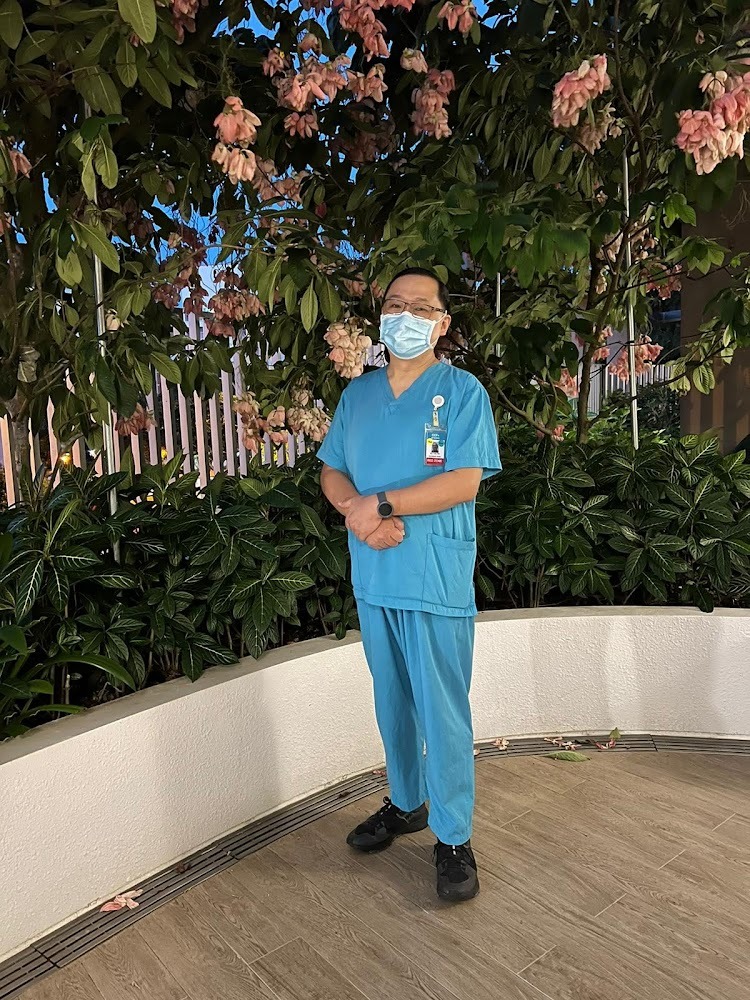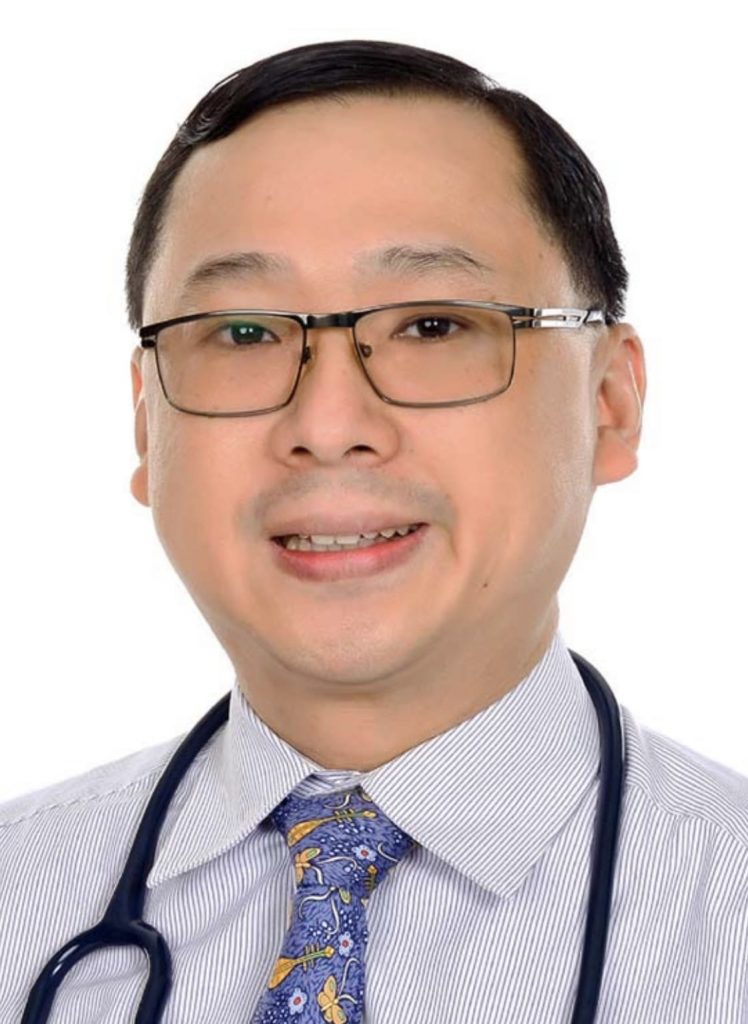Back in April 2020, Singapore was hit by its first wave of COVID infections. The virus spread swiftly in the foreign worker dormitories with thousands being diagnosed daily. This was before COVID vaccines were available and the government sought to contain the ill to prevent spread into the wider community.
Mass PCR swabbing exercises done at the dormitories found large clusters of the infected. These foreign workers were generally all young fit men and many were asymptomatic or displayed only mild infections. They were sent to the Singapore Expo to serve out a quarantine until they were deemed non-infectious. At the peak of the wave, all ten halls of the Expo were filled with a total of about 5000 infected individuals.
A large number of medical staff were needed to help run the facility and a call out to health professionals went out. A few of our staff answered the call to mobilise. Dr Vinu Sahlen went to the dormitories to swab, RN Brendon Fernando and I swabbed at the dormitories and served at the Expo CCF (Community Care Facility) as well.
As the patients at the Expo were young and fit, most did not get severe symptoms. Those that started to deteriorate were reviewed and sent to an acute hospital for further management. The main problem was the sheer number of patients coming into the Expo. I found that many were very fearful and had not had anyone explain to them what was happening. It was gratifying to engage with them and reassure them that they would be looked after whether it was for COVID or for other medical conditions. In fact, many silent chronic diseases like thyroid disorders, hypertension and diabetes were discovered amongst the workers and treatment instituted. Mental health issues also needed to be addressed as some had been quarantined for many weeks for failing to meet the old discharge regulations. Thankfully, by August, the numbers tailed down significantly as control of the spread in the dormitories was achieved and less strict discharge criteria were implemented. The Expo CCF was no longer needed and was shut down.
Fast forward to the present and Singapore is now dealing with community spread. Numbers had spiked up quickly with the Delta variant spreading exponentially. Though most people in Singapore have been vaccinated, many people still became symptomatically ill. This time though, the elderly are getting infected as well and with their multiple medical problems, some were getting very ill.
The numbers needing higher level medical care quickly escalated and another call was made for additional healthcare manpower. I started working in a COVID Treatment Facility (CTF) on my days off. All the patients were above 60 with even some Centenarians there. Working in the CTF is very different from the Expo. It is much more demanding with this group of frail patients. Regular ward rounds are done like in a hospital. Those most likely to run a stormy course (unvaccinated and with multiple pre-existing medical conditions) are sometimes treated with monoclonal antibodies with generally encouraging results. It is a learning experience for me as I have not been involved in geriatric ward care in many years. The team there is motivated and eager to teach so it makes for a good learning experience. The shifts are 12 hours long and can be gruelling at times but I find the experience to be valuable and enhances my knowledge.
After three months of high patient numbers, the number of cases in the CTF have decreased markedly as the Delta surge peters out. The volunteers are able to stand down for now but the looming Omicron surge appears to be gaining strength and we stand ready to go back into the red zone if called.
Dr Ho Tzin Yih is a graduate of the Royal College of Surgeons, Dublin in 1994, he also has a Bachelor of Science degree from Baylor University in Waco, Texas. He is registered with UKOOA and trained in Occupational Medicine and a Designated Workplace Doctor. Dr Ho has been with IMC for over 10 years and is the Deputy Medical Director based in our Camden Clinic.




































